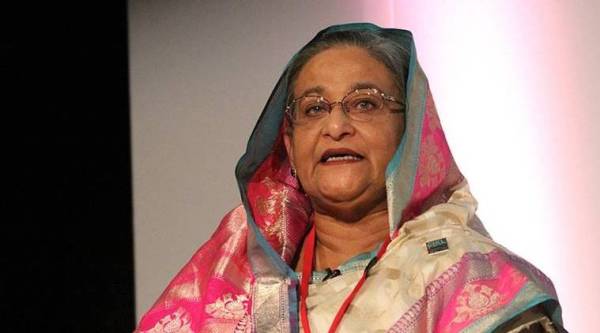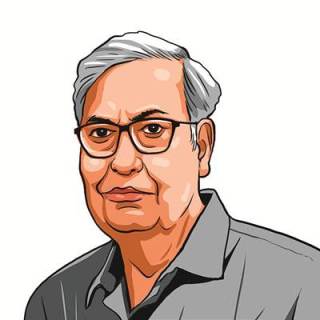Battle for Bangladesh
Sheikh Hasina faces anti-incumbency and a united opposition armed with the slogan of change

After a gap of over a decade, Bangladesh is again in the midst of a high voltage electoral battle. With the country’s main Opposition, Khaleda Zia’s Bangladesh Nationalist Party (BNP) deciding to participate in the 11th parliamentary election — unlike its 2014 election boycott which gave the Awami League (AL) helmed by Sheikh Hasina a walkover — this face-off is going to be a close one. This is because the BNP’s traditional ally, Jamaat-e-Islami, though barred now from contesting elections after being de-recognised by the Election Commission, has put its full weight behind the BNP. To present a united face, the BNP has also nominated 24 Jamatis as its candidates, including former razakars who fought against the Liberation War.
Pakistan-supported and funded Jamatis have not forgiven Hasina for sending its top leaders to the gallows for 1971 war crimes, and have resolved to defeat the AL at any cost. Its 5 per cent national voteshare, when added to the BNP’s assured vote share of over 30 per cent, presents the AL with a formidable rival. This combination has been gathering strength alongside Bangladesh’s legal luminary Dr Kamal Hossain and his four-party coalition, Jatiya Oikya Front (JOF). Hossain making common electoral cause with the BNP-JI combine has stunned the country’s secularists and Bengali nationalists. His desperate bid to promote the interest of this pro-Pak alliance has made many wonder if he is acting as Islamabad’s proxy. For instance, his replacing JOF candidates’ poll symbol, the rising sun, with that of the sheaf of paddy (BNP-JI), is being viewed as an attempt to reposition JOF’s identity vis-a-vis the pro-Pakistan combine, in order to highlight that his front and the Begum Zia-led coalition’s objectives are identical.
For Hasina, the election will be a litmus test of her policies and programmes, executed during the last one decade of her uninterrupted rule. This should positively impact the poll outcome, but she is weighed down by anti-incumbency factors, mostly corruption related, involving her party MPs and ministers. The irony is that the BNP has an even worse image when it comes to corruption and terror. Zia is serving a long jail term for embezzlement while her son, Tareq Zia, number two in the party, has also been sentenced to jail for money laundering on a massive scale. As a result, both, according to a court ruling, have been barred from contesting elections. However, former AL heavyweight and Sheikh Mujibur’s law minister and confidant, Hossain, and his JOF joining hands with the BNP-Jamaat “to rid the country of Hasina’s misrule” is still an imposing challenge. Former Chief Justice Shamsuddin Chowdhury says Islamabad’s prodding made Hossain change sides as Pakistan is keen to recover lost ground in Bangladesh. Hossain, with his deep American and Pakistani connections, was their natural choice. The fact that he had personal scores to settle with Hasina for not giving him his due in her party and the government was well-known. And, the Pakistanis thought that the election is one last opportunity of using Hossain to unseat Hasina.
The Americans are also averse to Hasina for not letting them build a deep sea port in one of the off-shore islands, which would have enabled an overwhelming US presence in the Bay of Bengal to counter the growing Chinese naval intrusion in that area. The US thinks that if Zia’s alliance wins, she would meet this particular American wish.







































No hay comentarios:
Publicar un comentario